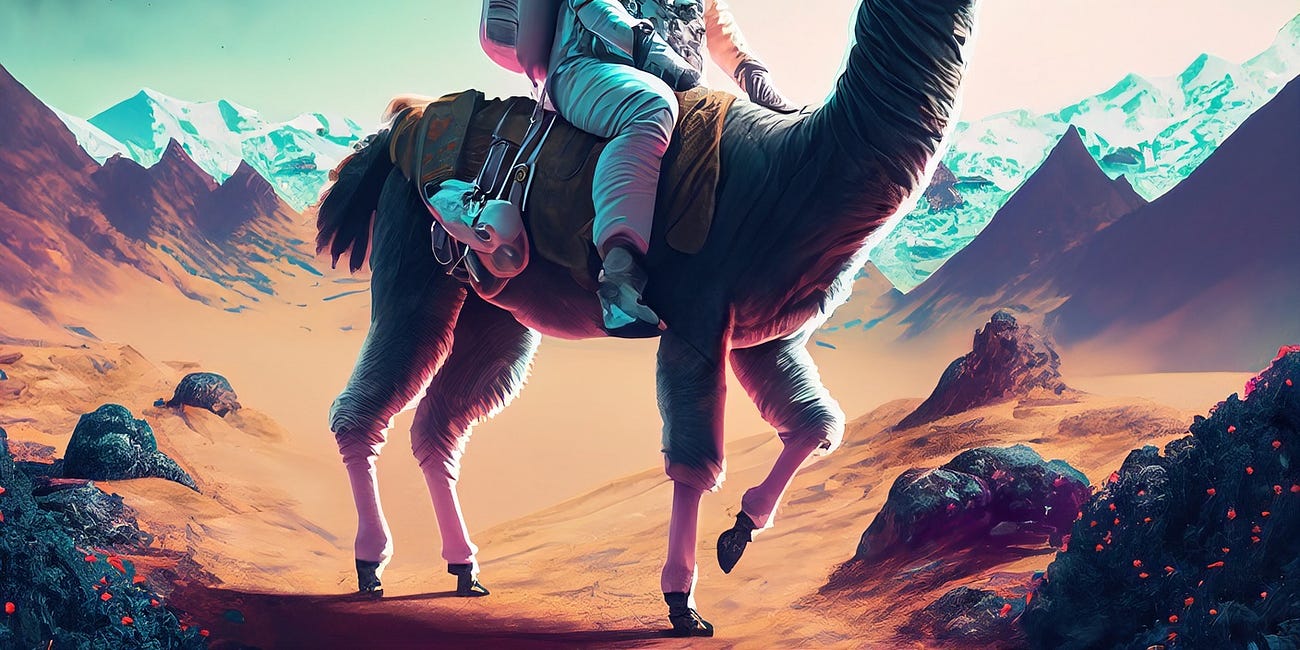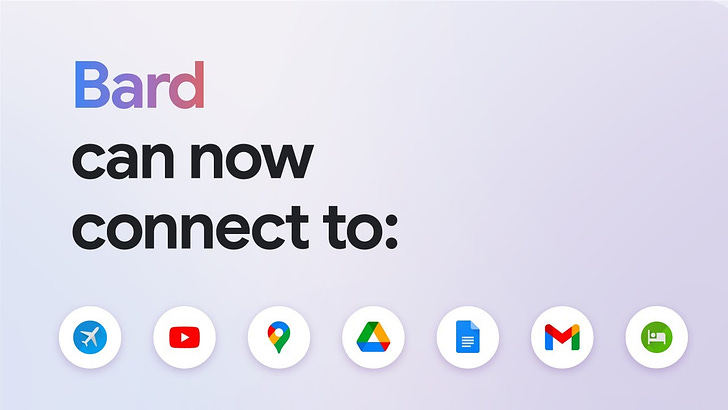Getty Images Has Launched a "Commercially Safe" Text-to-Image Generator
It also offer indemnity from lawsuits that result in a financial
Getty Images announced Generative AI by Getty Images this week that intends to compete with leading text-to-image foundation models with a guarantee that the outputs are “commercially safe.” In other words, Getty verifies that it has rights to use all of the images employed in training the model and can license the output for protected intellectual property.
Getty offers this guarantee based on the training data set, which came exclusively from the organization’s image library. Craig Peters, CEO of Getty Images, commented:
“We’re excited to launch a tool that harnesses the power of generative AI to address our customers’ commercial needs while respecting the intellectual property of creators. We’ve worked hard to develop a responsible tool that gives customers confidence in visuals produced by generative AI for commercial purposes.
Grant Farhall, chief product officer at Getty Images, added:
We’ve listened to customers about the swift growth of generative AI – and have heard both excitement and hesitation – and tried to be intentional around how we developed our own tool. We’ve created a service that allows brands and marketers to safely embrace AI and stretch their creative possibilities, while compensating creators for inclusion of their visuals in the underlying training sets.
Built on NVIDIA Picasso
The solution is built using the Edify model that is part of NVIDIA’s Picasso image generation model suite. Getty’s image library, which spans at least into the tens of millions, was used to train the model.
Currently, users can request a demo to see the solution in action. They can also enable it in their account on Gettyimages.com, and there is an API to integrate it with other workflows and tools, according to the announcement. However, the new service does not appear to be available today. The demo request requires users to complete a form and schedule a discussion with Getty’s sales team.
The company also said it will soon offer customized versions of the solution that uses “proprietary data to produce images with their unique brand style and language.” That feature is expected later this year.
Another missing element is information about artist compensation. There are no details about how artists will be compensated or at what rate.
Following the Licensing Path
One year ago, Getty Images became one of the first stock image platforms to ban generative AI images. Synthedia wrote at the time:
“Effective immediately, Getty Images will cease to accept all submissions created using Al generative models (e.g., Stable Diffusion, Dall-E 2, MidJourney, etc.) and prior submissions utilizing such models will be removed,” according to Voicebot.ai.
The reason? “There are open questions with respect to the copyright of outputs from these models and there are unaddressed rights issues with respect to the underlying imagery and metadata used to train these models,” says Getty.
It was also one of the first companies to sue the leading text-to-image foundation model supplier Stability AI, the creator of Stable Diffusion. Text-to-image generators could pose an existential risk to Getty if they dramatically reduce the demand for stock images. That means this approach of lawsuits and customizing its own generative AI model involves a financial incentive.
While the moral high ground of compensating artists has a nice ring to it, which could help protect Getty’s competitive moat, it may also be good business. Many large companies will be wary of using generative AI that could result in potential lawsuits. That is a key reason why Adobe and Shutterstock have both offered user indemnity if IP or copyright violations result in awards related to IP infractions. Getty points out:
Commercially‑safe—no intellectual property or name and likeness concerns, no training data concerns
Download and license any visual you generate, at your desired resolution and size, at no extra charge
Uncapped indemnification included with each download
Generated images will not be added to the creative library for others to license
The company goes further and indicates that the solutions have rules that prevent unsafe or harmful content from being generated. This “safety-first” approach (from 1. unsafe or inappropriate images, 2. only copyrighted material Getty has rights for, and 3. not using the outputs for training future models) is a good selling point.
Granted, Getty Images is not facing the same risk as Shutterstock and Stack Overflow, where new generative AI solutions could rapidly erode their market share. Getty offers a lot of unique, premium images unavailable elsewhere. Many of them are photographs captured at live events. There is no image generator that will replace that service. The provenance of images matters.
I don’t see this as a revolutionary service, and it is hard to gauge image quality since the service does not appear to be available. It is likely the solution will lag behind the pure-play providers, but maybe good enough for existing Getty customers that would like to have a tool and assurances about its status.
Let me know if you have tried out Getty Images or if you plan to dump Midjourney or Stable Diffusion in favor of this offering.
Amazon Reshuffles LLM Ecosystems with an [up to] $4B Investment in Anthropic
Amazon will invest up to $4 billion in Anthropic and have a minority ownership position in the company. Anthropic and Amazon announced a new partnership today that includes the former committing to running its primary training and inference workloads on AWS, and the latter investing “up to $4 billion,” for a minority stake in the company. There is a lot …
Adobe Firefly is Here, It's Free, It's in Photoshop and Illustrator, and Has an Early Midjouney Feel
Adobe Firefly is now generally avaialble through the web and integrated into Adobe Express, Photoshop, and Illustrator. You can also check it out for free on the web. Adobe collaborated with NVIDIA to develop the generative AI models powering Firefly.



![Amazon Reshuffles LLM Ecosystems with an [up to] $4B Investment in Anthropic](https://substackcdn.com/image/fetch/$s_!MyW6!,w_1300,h_650,c_fill,f_auto,q_auto:good,fl_progressive:steep,g_auto/https%3A%2F%2Fsubstack-post-media.s3.amazonaws.com%2Fpublic%2Fimages%2Fee28339c-609f-42e9-8986-b05928518712_1920x1080.jpeg)

